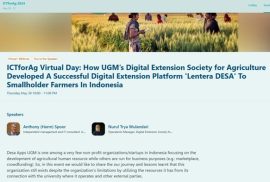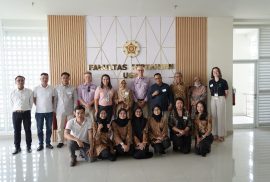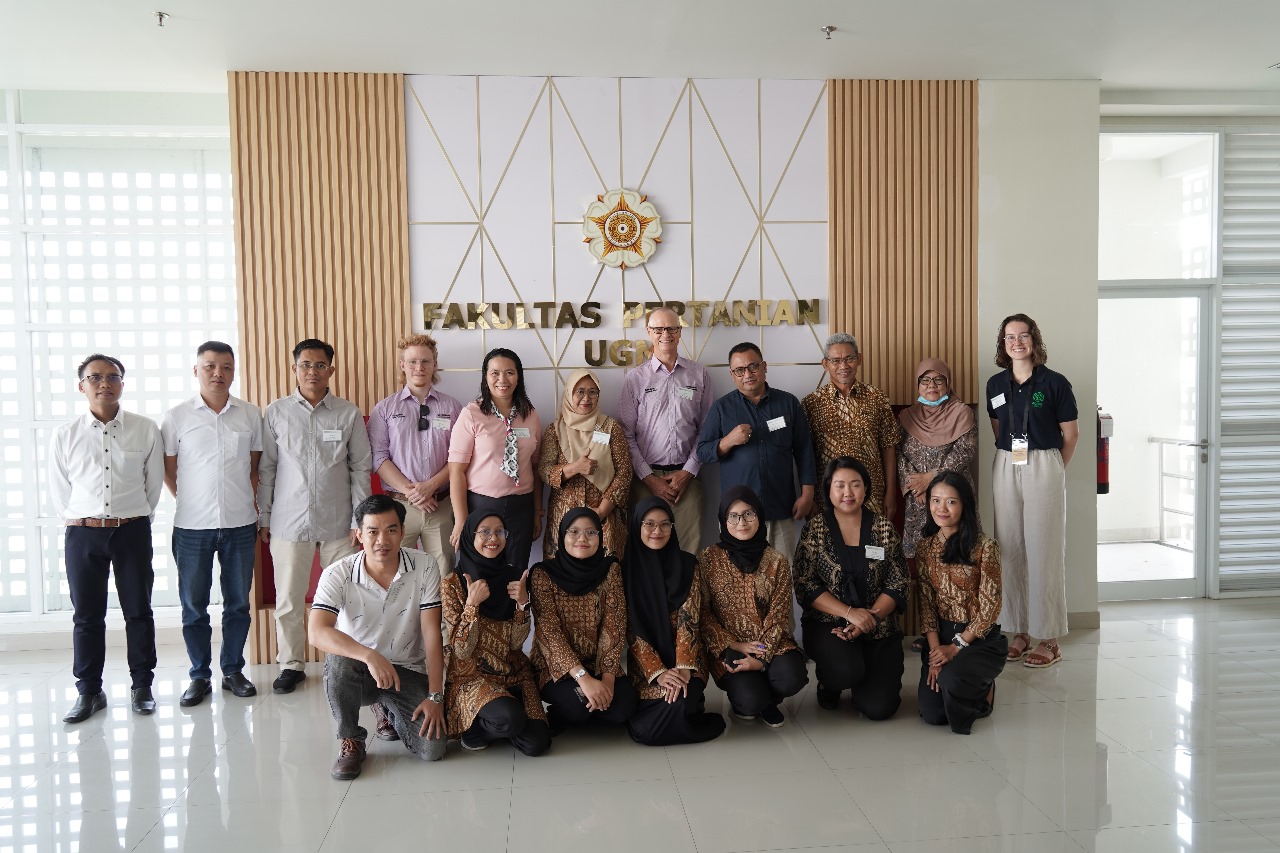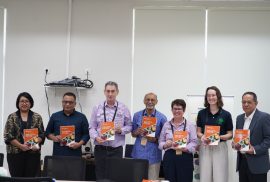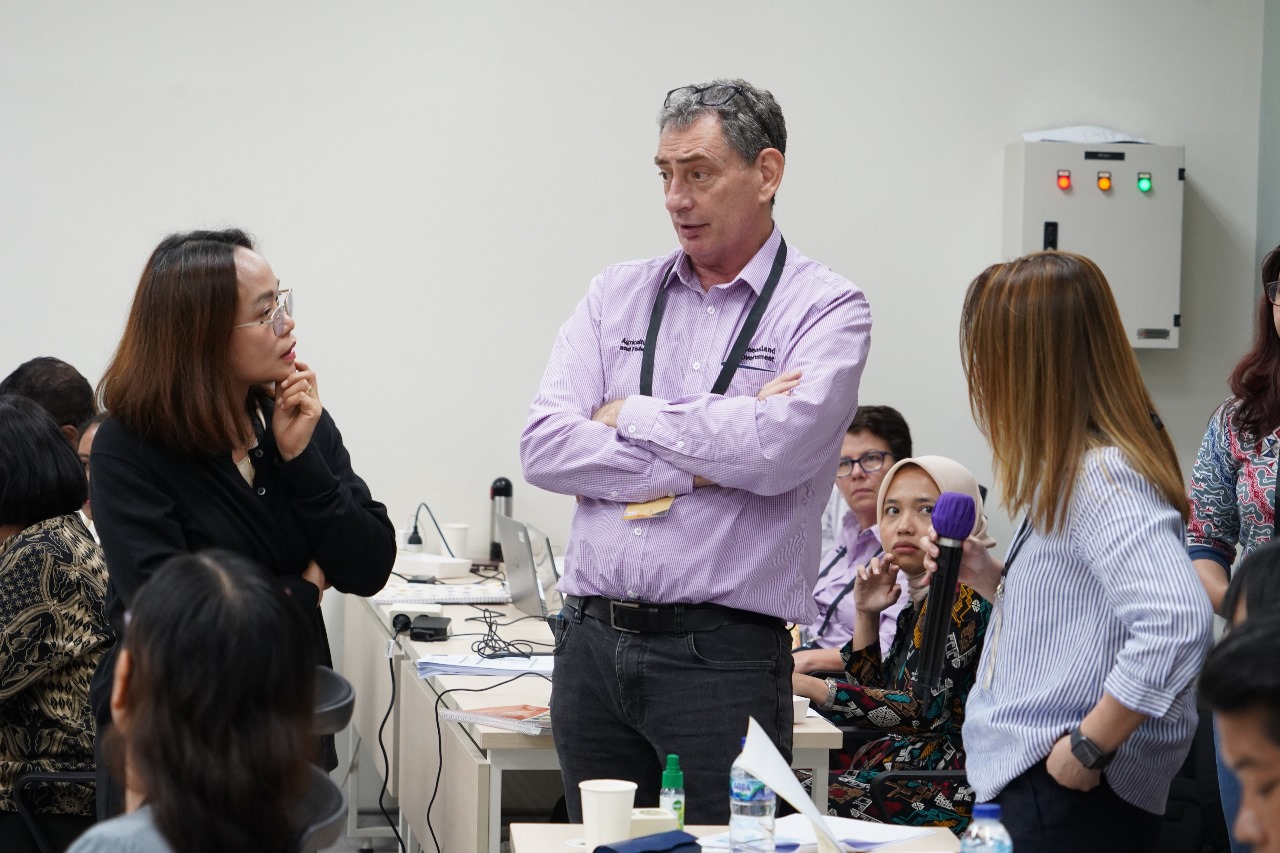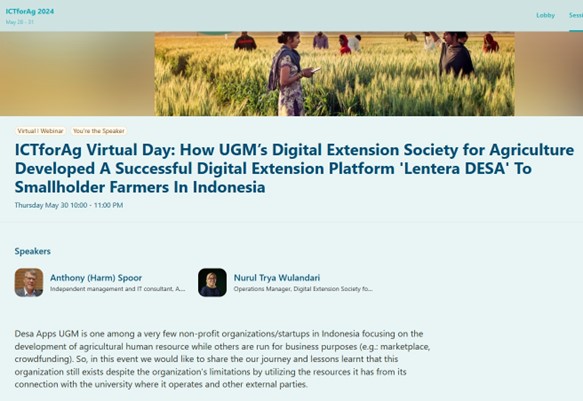
Digital Extension Society for Agriculture Application Universitas Gadjah Mada (Desa Apps UGM) has participated in ICTforAg 2024 annual convening where agrifood system stakeholders, technology experts, and enthusiasts gather to share knowledge, find solutions, and form partnerships to address challenges in agrifood systems across low and middle-income countries. The event was held on 28th-30th May 2024 simultanously in 5 countries: New Delhi (India), Nairobi (Kenya), Texcoco (Mexico), Philippines; and Washington DC (USA). It also took place online via Zoom. This becomes a great opportunity to introduce Desa Apps UGM to the global society, specifically concering about digital agriculture that has been burgeoning issues within the last decade.

